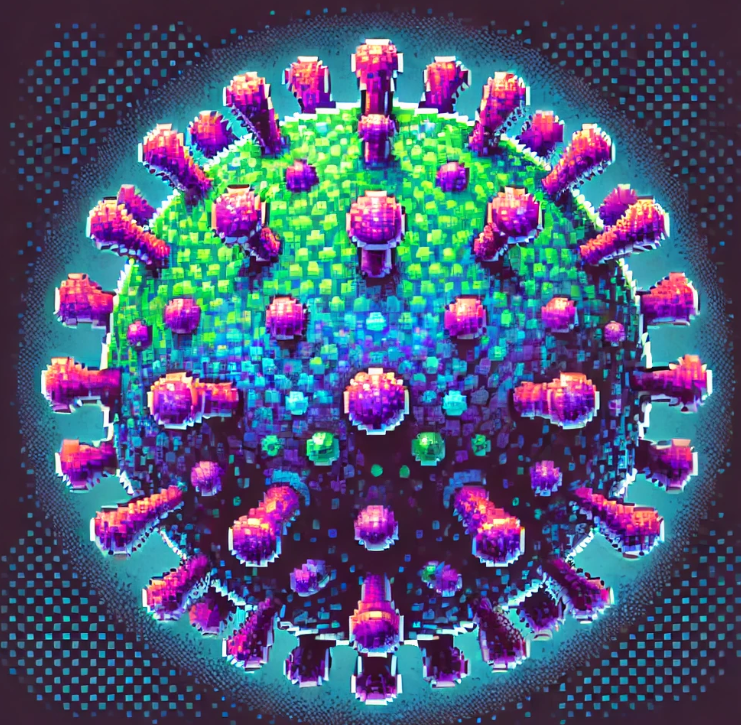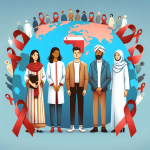
South Africans Fear Spike in HIV Infections as US Aid Cuts Bite
In a concerning development, authorities in South Africa have expressed fears about a potential rise in HIV infections following cuts to U.S. aid, which has historically been vital in combating the virus on the continent. South Africa, a leader in the fight against HIV/AIDS, is now facing challenges as the United States reduces its financial contributions to health programs in the region.
The Role of US Aid in Combating HIV
For decades, U.S. aid has been instrumental in providing antiretroviral treatment and preventive measures against the spread of HIV in South Africa and many other African countries. The funding has supported clinics, outreach programs, and health campaigns aimed at both treating and preventing the disease.
A Potential Health Crisis
With the reduction of aid, UN agencies have warned of millions of new cases of HIV and potential setbacks in the progress that has been made over recent years. It is anticipated that without sufficient funding, many life-saving treatments and preventive measures could become inaccessible to those in need, turning medication into a luxury rather than a necessity.
The cut is likely to impact the availability of antiretroviral drugs, which are critical in maintaining the health of HIV-positive individuals and in minimizing the risk of transmission.
“South Africa has been at the forefront of the successful battle to halt the spread of HIV/AIDS until now.” — BBC News
Local and Global Reactions
The decision by the United States to slash this vital support has drawn widespread criticism from health experts and humanitarians worldwide. There is a growing consensus that immediate action is necessary to replace lost funding and to ensure the continuation of essential health services.
In light of the cuts, organizations are now looking towards other global partners and local government bodies to step up their contributions. The South African government and local NGOs are critically looking into alternative funding channels to bridge the gap left by the U.S. withdrawal.
Why The World Should Care
The potential increase in HIV cases in South Africa poses a risk not only to the region but possibly to global health security. The interconnectedness of our modern world means that health crises are rarely contained within geographic borders. An uptick in HIV infection rates could reverse years of progress in the fight against the virus, impacting public health strategies globally.
Moreover, this situation highlights the broader implications of international aid dependency and the vulnerabilities countries face when funding is reduced.
Conclusion
The cut in U.S. aid to South Africa for HIV programs serves as a stark reminder of the fragile nature of progress in global health. The need for sustainable, diverse funding sources is crucial to mitigate similar risks in the future. Without swift intervention and commitment from other international players, the healthcare advances made in fighting HIV in South Africa and beyond might suffer severe setbacks, endangering countless lives.
For more detailed information, visit the BBC article covering this issue in-depth.




